Smithsonian-Mason School of Conservation Blog
I have the honor of attending the Smithsonian-Mason School of Conservation (SMSC) located in the Smithsonian Conservation Biology Institute for the fall of 2023. I will be posting weekly on what we are doing and learning from the country’s leading conservation researchers, educators, and policy-makers. Come along for the ride if you’re interested. Maybe we’ll all learn something new.
-
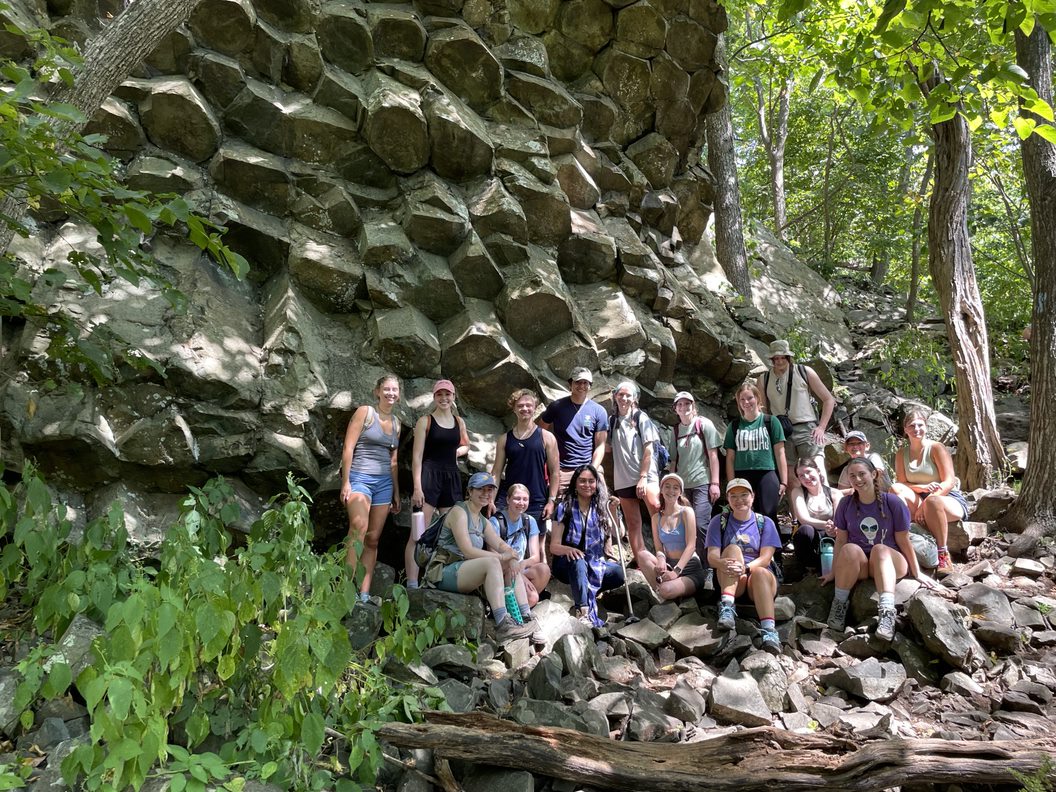
Love Letter to SMSC – Saying Goodbye
Read more: Love Letter to SMSC – Saying GoodbyeMy four short months here have given me so much to be thankful for. The number of things I’ve learned, done, and people I’ve met in such a small amount of time is overwhelming – I jumped out of a plane, assisted with ultrasounds on Mongolian wild horses, gave an hour-long research presentation on tiger…
-

Why Should We Care?
Read more: Why Should We Care?I think one of the major challenges conservation faces is convincing people that it affects them on a personal level. Because we are being equipped to do much more than protect elephants (no disrespect to the elephants). We are being given the tools to assess water quality. Is the water you’re giving your children clean?…
-
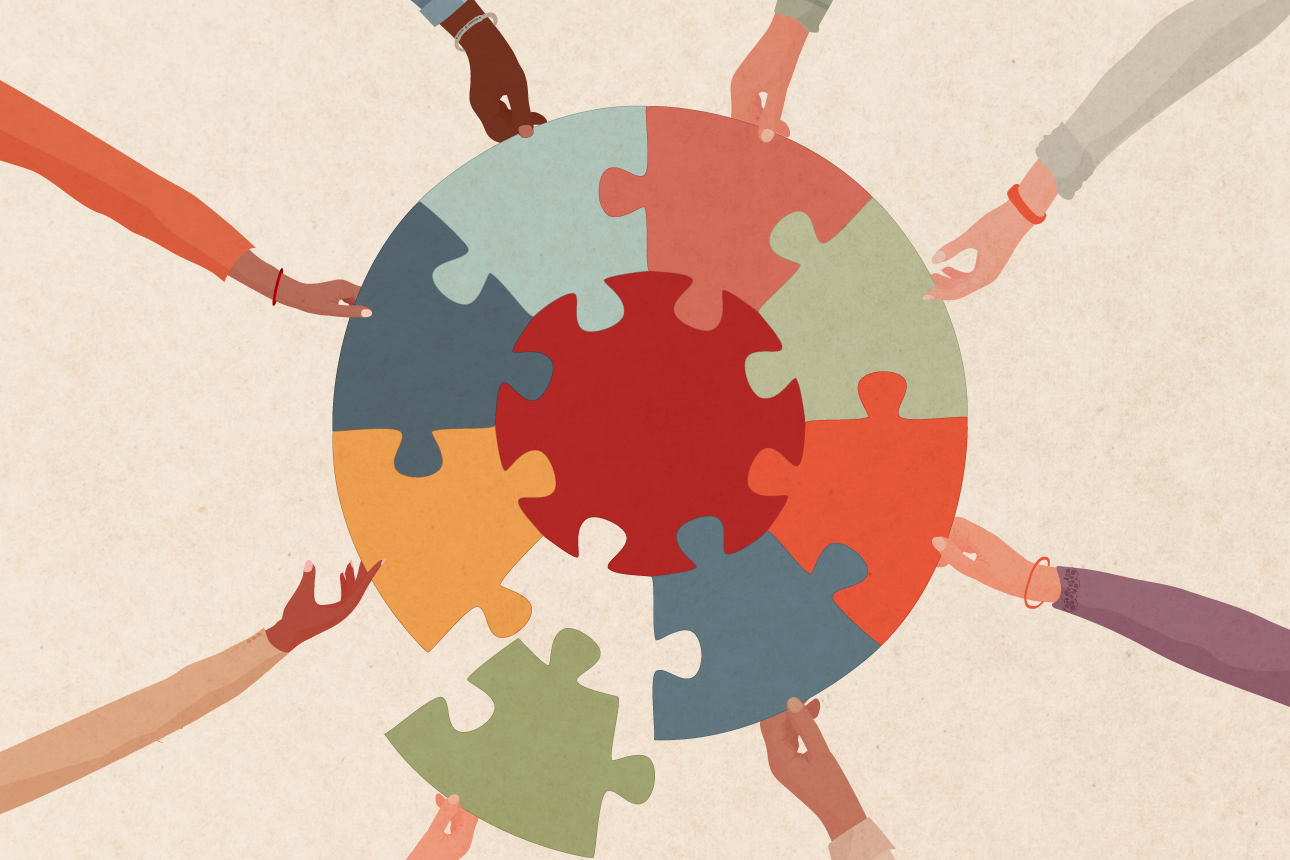
Thinking Outside the Box
Read more: Thinking Outside the BoxWhat does hospital sanitation have to do with GMO crops? Well, a lot more than meets the eye. There are countless parallels between the things we often consider so separate in our world. The way that microscopic cells function and interact is in some cases comparable to the way the individual people interact, the way…
-
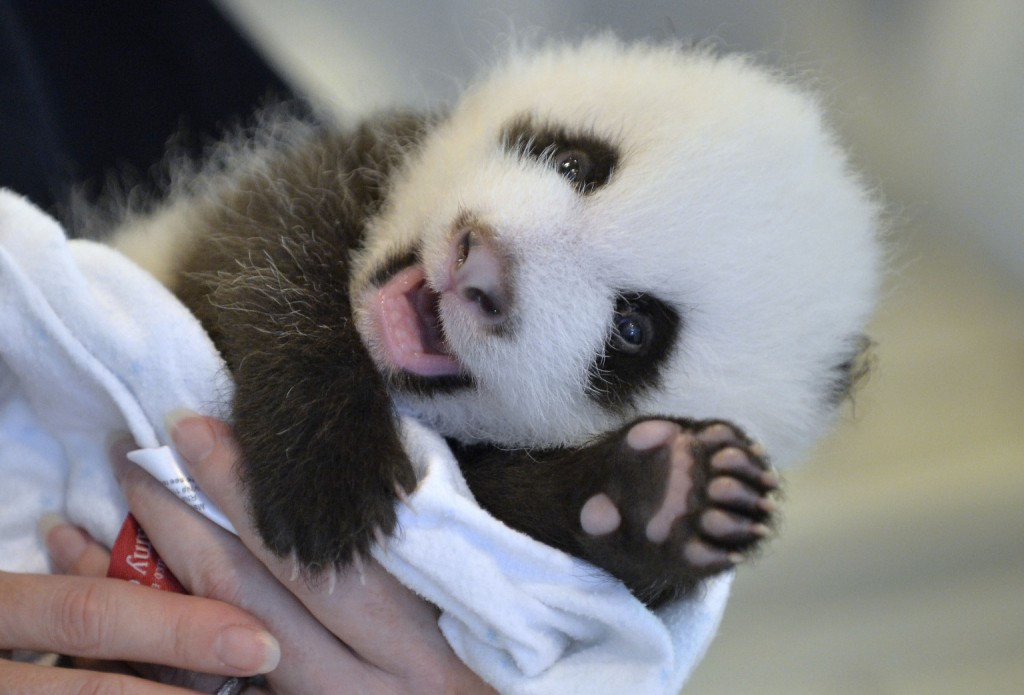
Taking Conservation into Human Hands
Read more: Taking Conservation into Human HandsThere is a hot debate around the function and existence of zoos, an extension of the debate on wild animals in captivity. The ethics of bringing wildlife into human care and managing their populations. This is potentially one of the most controversial topics in conservation and animal research. It is easy to assume that all…
-
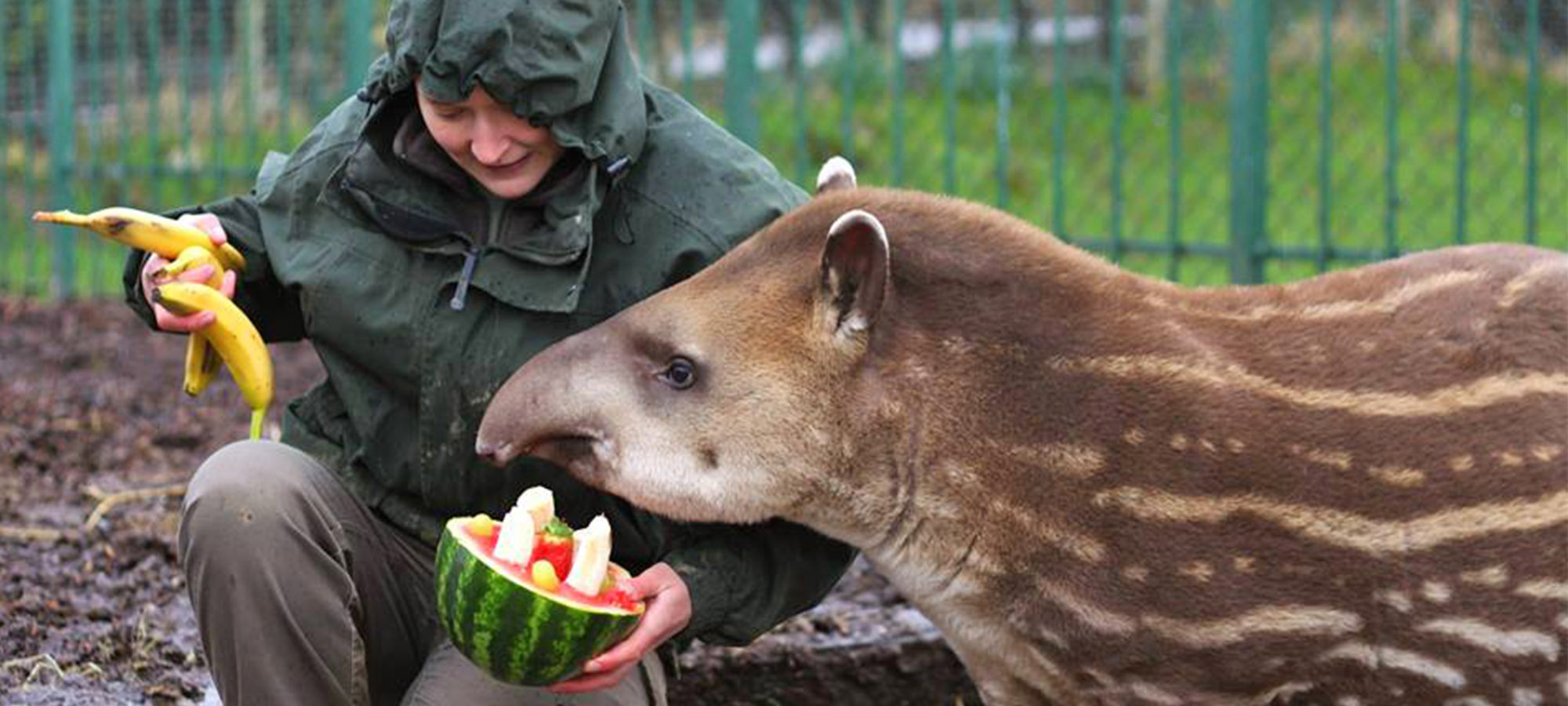
Animal Keeper Appreciation Post
Read more: Animal Keeper Appreciation PostThis past week was not an easy one. When you learn about the natural world and you develop an appreciation for it, it comes with the understanding that it is not always peaceful. Nature comes with inherent violence. A tiger must kill to feed their family, kangaroos will fight to the death for territory and…
-
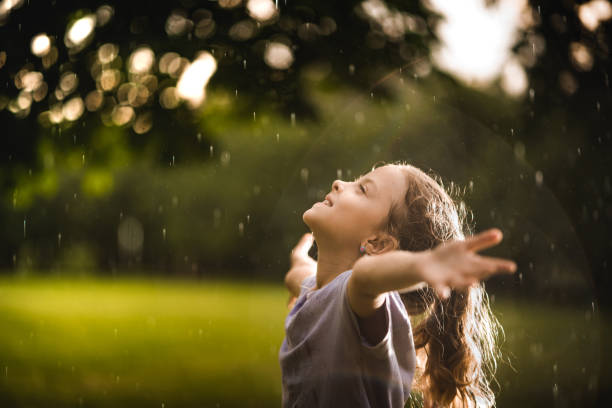
Living Alongside Nature
Read more: Living Alongside NatureThe debate around people’s ability to coexist with nature is a heated one that engulfs many disciplines. There are many that would say human lifestyle, greed and consumption are inherent traits. That, fundamentally, humans and nature can never sustainably coexist in a way that would perpetuate both entities for millennia. There are those that debate…
-

Where Does Your Food Come From? – Life History of Agriculture
Read more: Where Does Your Food Come From? – Life History of AgricultureThe way we produce food has gone through many revolutions. 10,000 years ago, the domestication of plants and animals reshaped human civilization. For the first time, we were able to live in one place while providing for ourselves. Over time, being able to grow and harvest our own food gave rise to sedentary communities. There…
-
Water as a Universal Solvent, for Better or Worse
Read more: Water as a Universal Solvent, for Better or WorseThe flow of water has shaped much of human history. Where our cities are built, where our crops are grown, how information spreads. The interconnectedness of our water ways is something that can so clearly be seen as a pivotal factor in human evolution. Before trains, planes, and automobiles water was the way we traveled.…
-
Carbon Appreciation Post
Read more: Carbon Appreciation PostThe carbon cycle is defined by the fundamental process of life, death, and rebirth. Carbon makes up about 23% of our elemental composition by mass. Almost a quarter of the human body is made of carbon. It is the building block for all organic molecules in the body. Glucose, the basis of sugar that sustains…
-
Don’t Put Conservation in a Box
Read more: Don’t Put Conservation in a BoxThis past week was probably one of the most exciting of my academic career. From watching live cams of cheetah births, feeding scimitar horned oryx, hunting for salamanders, catching frogs, and tramping through the woods in search of Kenneth the box turtle. It’s been a week full of hands-on opportunities, new experiences, and skills. Can…
Latest news
- Science Makes the World Go ‘Round: The Case against Abusing Science
- A Place for Pollinators
- Hurricanes are Evidence that Climate Change is a Human Issue
- National Parks Hot Take (opinion)
- The Science of Science Communication
Categories
- Articles (7)
- Opinion Pieces (1)
- Research (6)
- Smithsonian-Mason School of Conservation Blog (13)